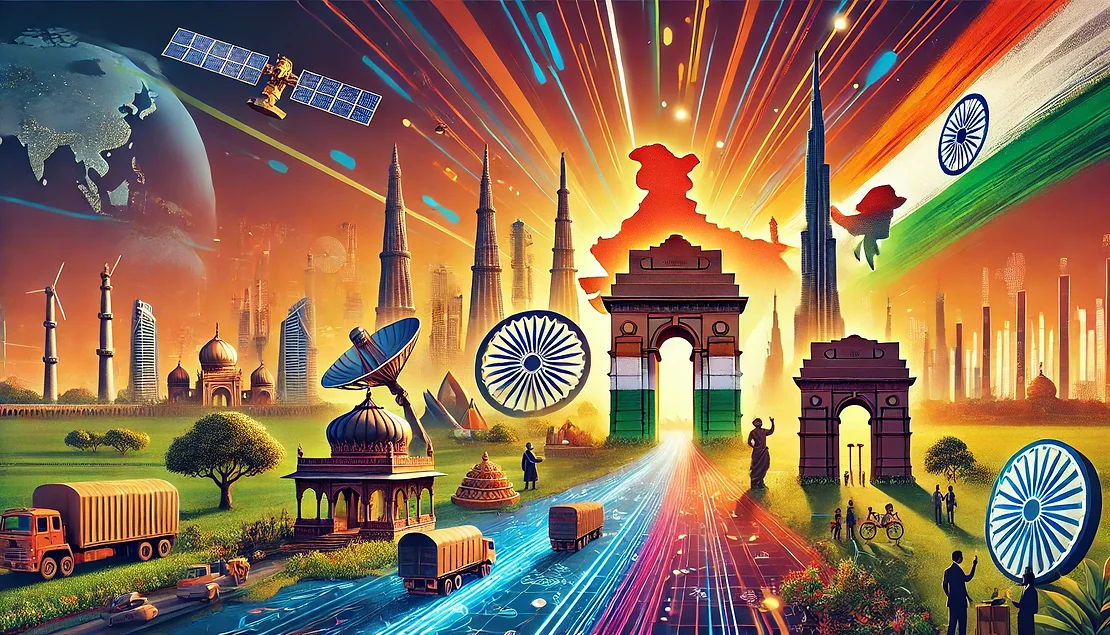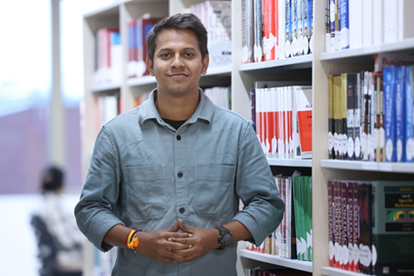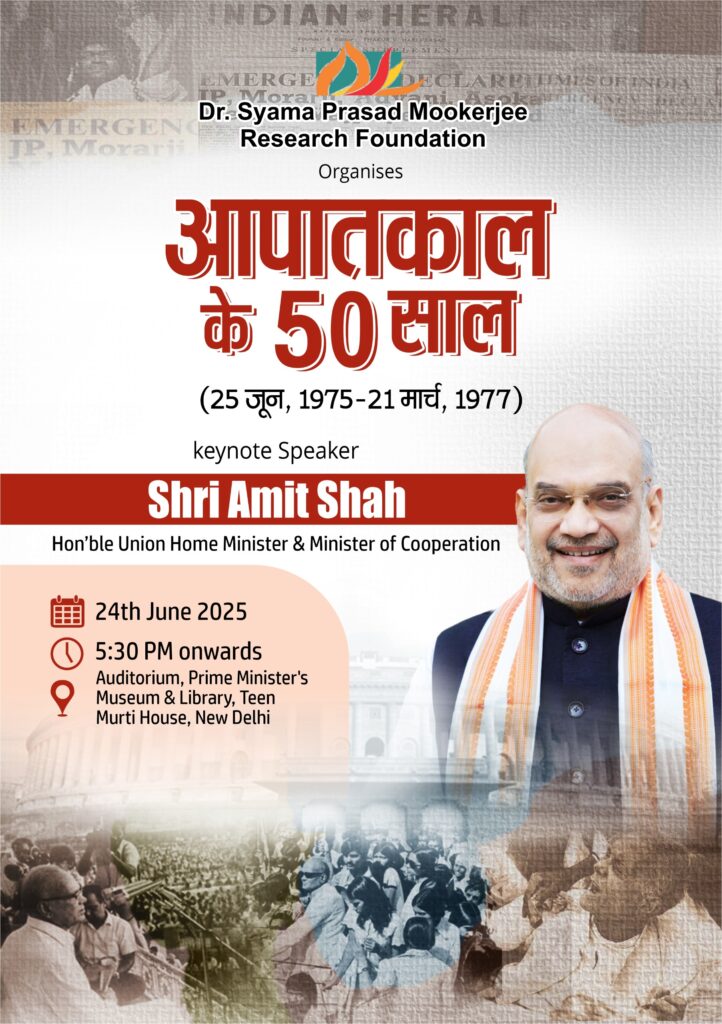India’s foreign policy reached significant milestones this financial year, witnessing a series of unprecedented events. Amid global uncertainty, 2024 emerged as a transformative year for the nation, solidifying its position as a major emerging international giant. This year also saw India balancing its domestic priorities with global ambitions and making remarkable strides in economic growth, infrastructure, strategic policy, technology, and social welfare. It is inspiring to witness a nation fostering meaningful relationships with other global powers while embracing the inclusive philosophy of Vasudhaiva Kutumbakam—the world is one family. The country’s diplomatic breakthroughs and strategic partnerships in the year 2024 were significant in the rapidly changing geopolitical landscape.
India was seen actively working towards strengthening global diplomatic ties, this year, to enhance its global influence and international cooperation. Prime Minister Narendra Modi became the first Prime Minister to visit Ukraine, emphasizing India’s commitment to international diplomacy and a balanced approach to the Russia-Ukraine conflict. The visit highlighted India’s role as a potential mediator promoting dialogue and stability in the region. Prime Minister Modi’s engagement included discussions on humanitarian aid and reconstruction efforts signaling India’s readiness to contribute constructively to post-conflict recovery. India also hosted the third Voice of the Global South Summit, with the theme, “An Empowered Global South for a Sustainable Future”, which was attended by representatives from over 100 countries. The summit reinforced India’s leadership to advocate for the interest of developing countries and to achieve sustainable development. Initiative for renewable energy cooperation and equitable trade practices were the key areas that were highlighted and on which significant resolutions were discussed. In October 2024, Prime Minister Modi made the trip to Russia for the BRICS Summit held in Kazan. During the summit, India clarified its stance of not indulging in the de-dollarisation and stood firm on the decision for trade using national currencies instead of pursuing a unified BRICS currency. These diplomatic activities and visits further highlighted India’s commitment to strategic autonomy, multi-alignment, and its role as a “Vishvabandhu” (world family) in international relations. Visits to the United States, Bhutan, the UAE, and Qatar demonstrated India’s intent to strengthen bilateral ties and advance strategy cooperation across diverse regions. The visit to the US included discussions on defense technology transfer and collaboration in critical and emerging technology like AI and Quantum computing.
India signed several Landmark agreements and partnerships, the significant ones being a historic free trade pact under the EFTA framework which established a new chapter in Indo-Icelandic relations promoting trade and investment opportunities. The agreement focuses on sustainable fisheries, green technology, and tourism development. Collaboration in energy trade and civil nuclear cooperation has strengthened India-UAE ties as leaders discussed expanding strategic collaboration. The agreements include an extended period of LNG supply, collaboration on crude oil storage, and cooperation in nuclear power plant operations and maintenance. The UAE has affirmed to expand its crude oil storage and look for opportunities to establish such repositories in India and to renew its storage and management agreement. The Memorandum of Understanding (MoU) was also signed to establish food parks in Gujarat with the project expected to commence in 2025. This treaty with the UAE enhances economic cooperation, further cementing the UAE as one of India’s most significant trading partners. The Comprehensive Strategic Partnership with Malaysia which was announced in the year 2024 reinforced bilateral ties focusing on defense technology and economic cooperation. It included employment agreements, and the repartition of workers, digital technology cooperation. It also focused on student exchange programs and collaborative research in biotechnology.
India’s re-election to key international bodies highlights its expanding global footprint and its commitment to promoting internal security on the world stage. India’s re-election to the UN peacebuilding commission reconfirmed its active rule in global peacekeeping and conflict resolution efforts. India’s commitment to increasing contribution to the UN missions in conflict zones and promoting inclusive peace-building strategies allows long-term success for all the stakeholders. Strengthened ties with Guyana and Caribbean Nations shed light on India’s intent to deepen the relationships in underrepresented regions; the projects included technical assistance for sustainable agriculture and renewable energy. President Draupadi Murmu became the first Indian head to visit the state of Fiji signaling India’s growing diplomatic outreach in the Pacific region. The visit focused on enhancing cooperation in climate resilience, maritime securities, and cultural exchange. The successful engagement of Indian and Chinese forces in Ladakh after 4 years marks a significant milestone in restoring regional stability and reducing tensions along the border. This achievement was facilitated by sustained diplomatic dialogue and confidence-building measures setting a precedent for peaceful dispute resolution. The conclusion of a 33-year-long insurgency in Tripura brought lasting peace and stability to the region; this reflected India’s commitment to internal security and harmony. The resolution involved development packages for affected areas and reintegration programs for formal insurgents.
As 2024 comes to a close India’s foreign policy achievements have set a strong foundation for its aspirations on the global stage. The year has been transformative not only in terms of accomplishments but also in defining India’s rule as a bridge between developed and developing nations. With the commitment to Vishwa Bandhu, India continues to inspire with its inclusive vision and strategic foresight by embracing diplomacy, fostering partnerships, and championing global causes. India has solidified its place as a major emerging global powerhouse ready to shape the future of global governance and cooperation.
(The views expressed are the author's own and do not necessarily reflect the position of the organisation)



